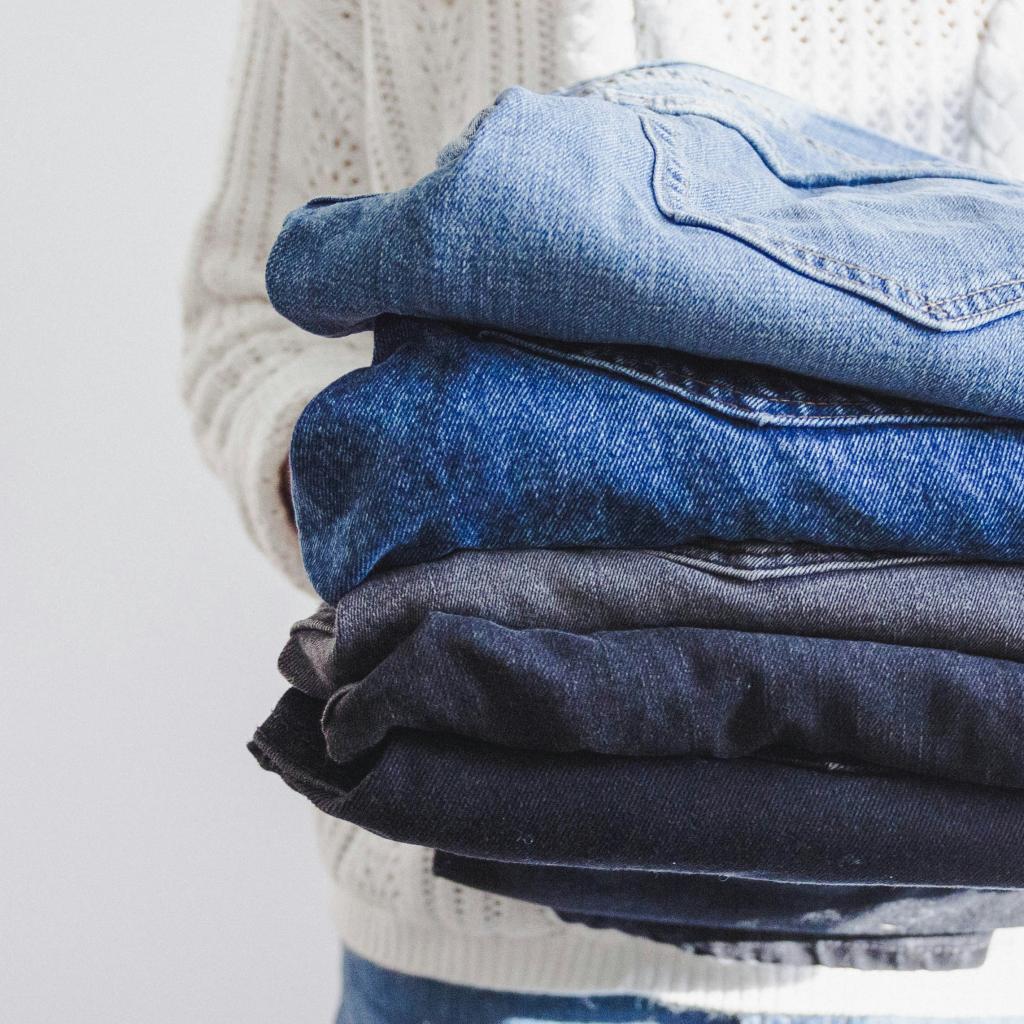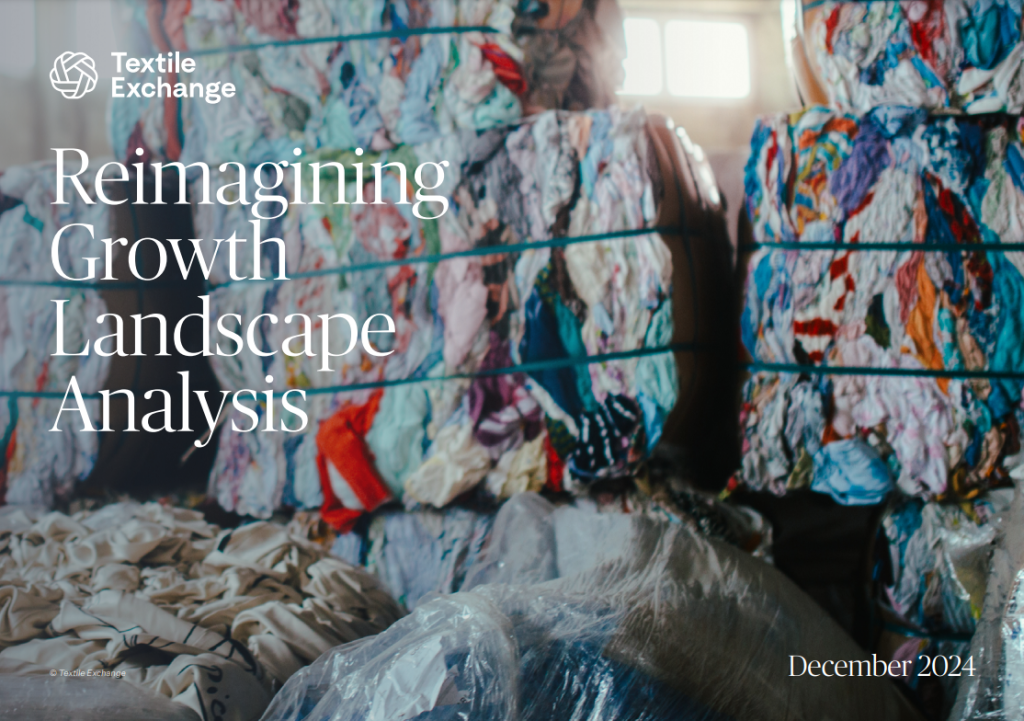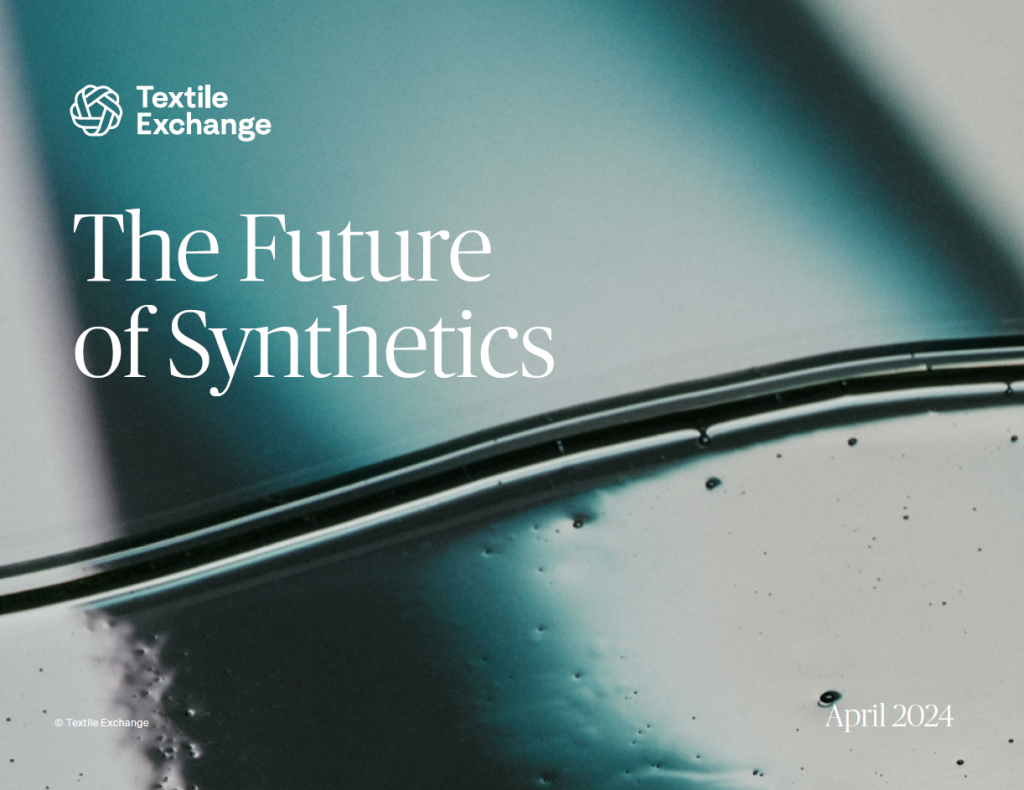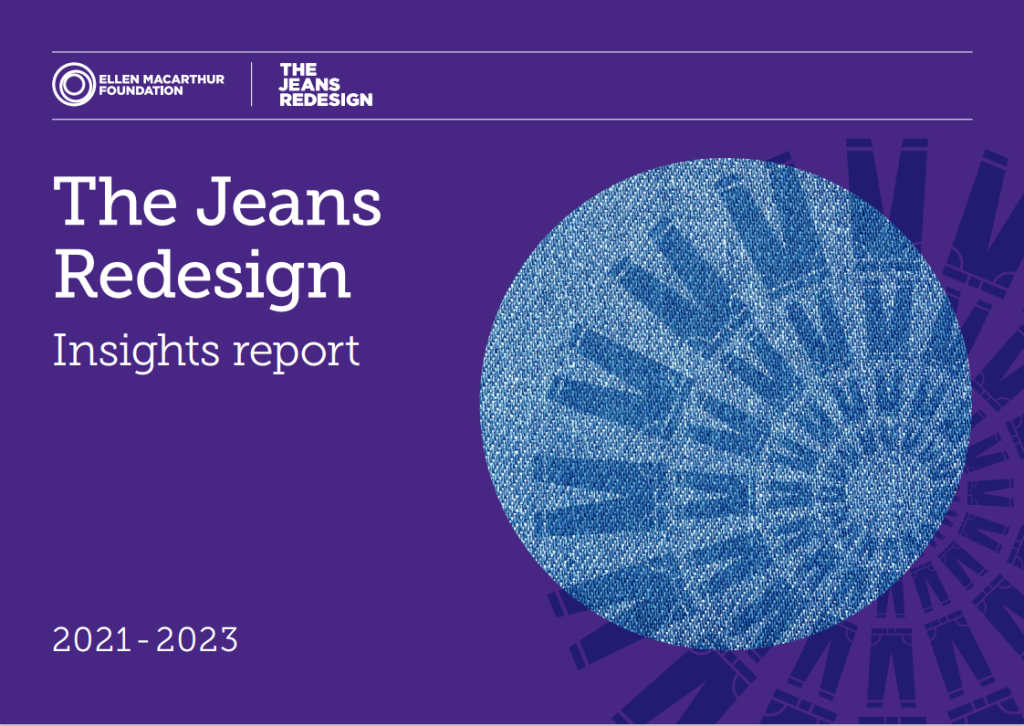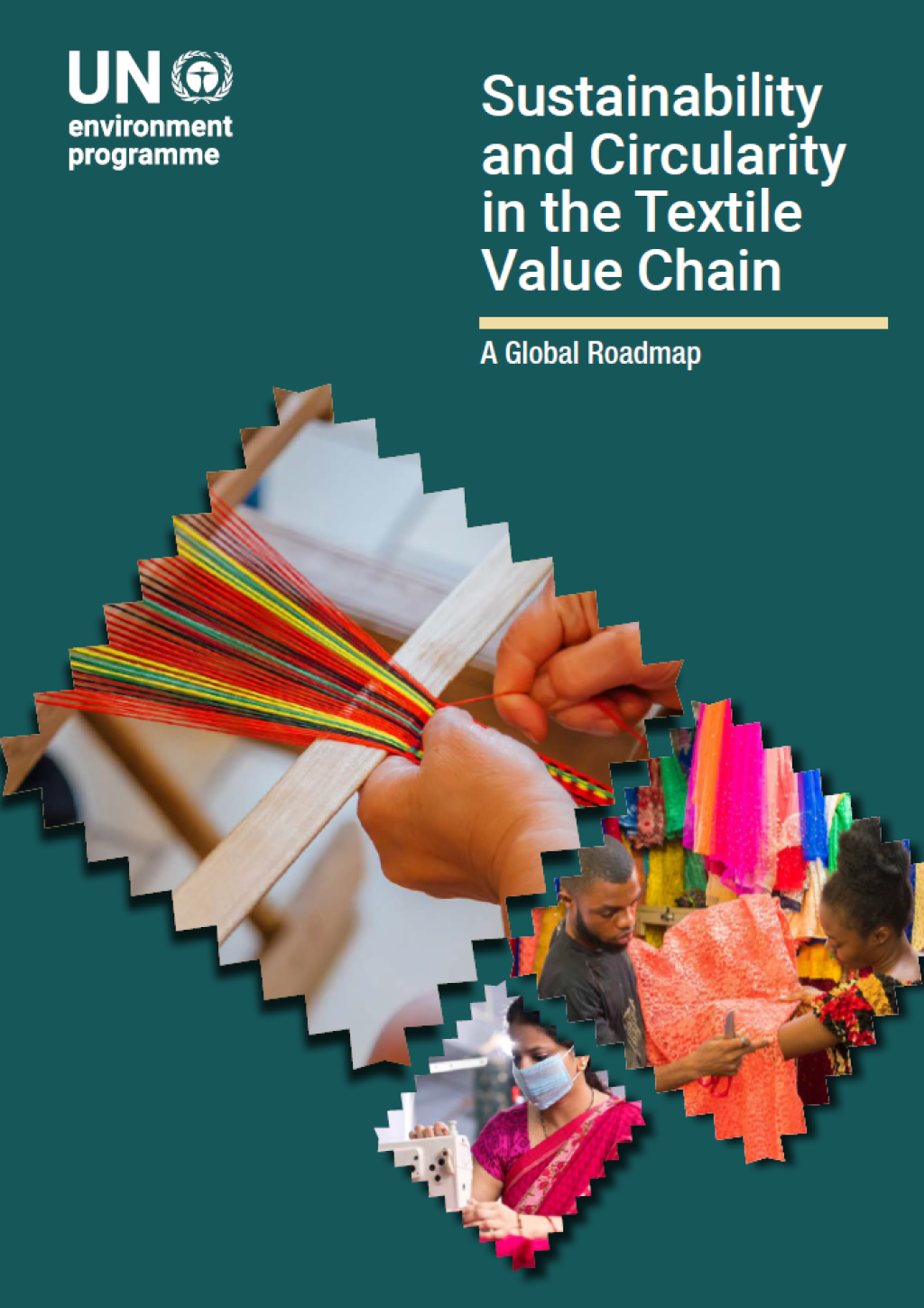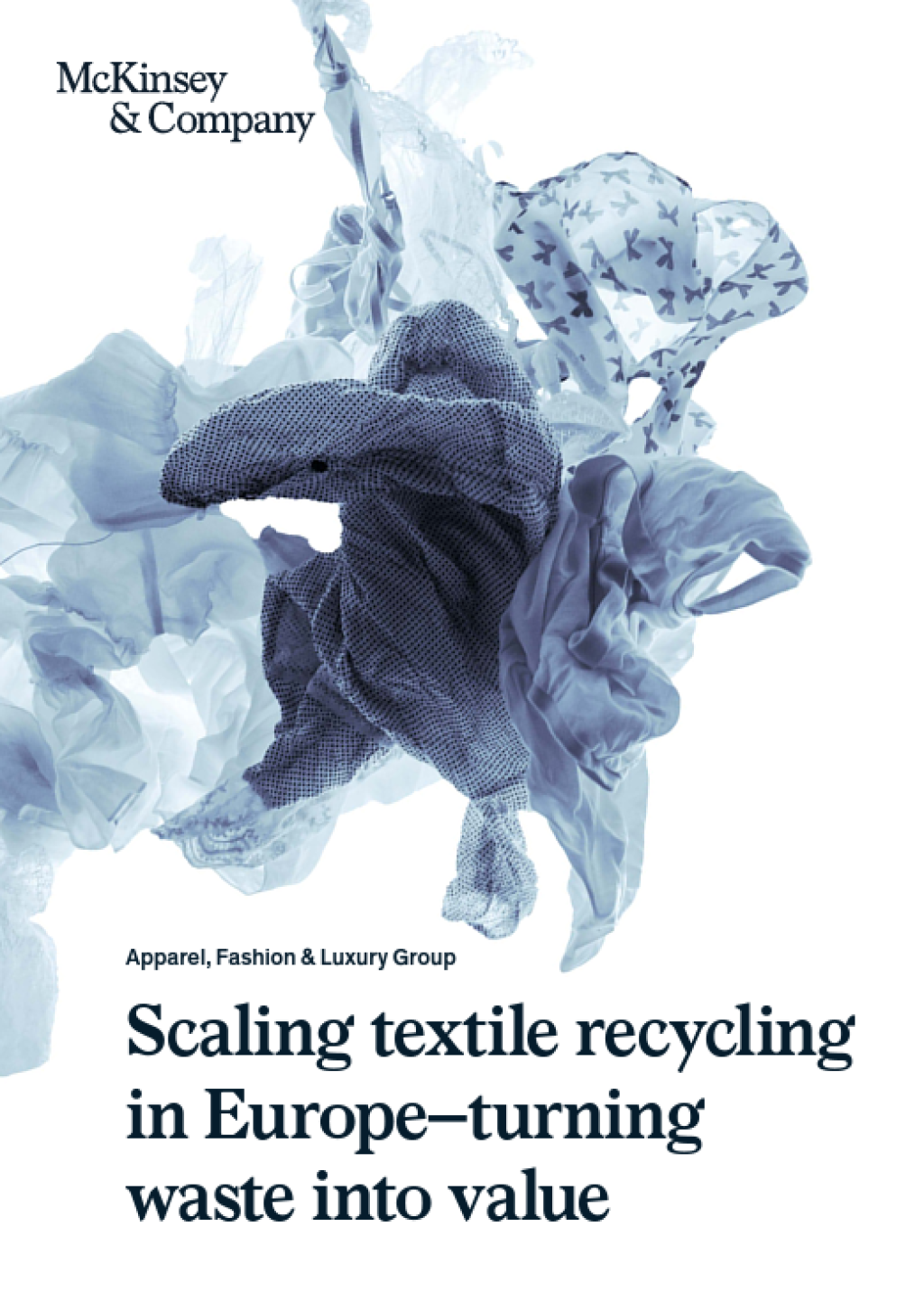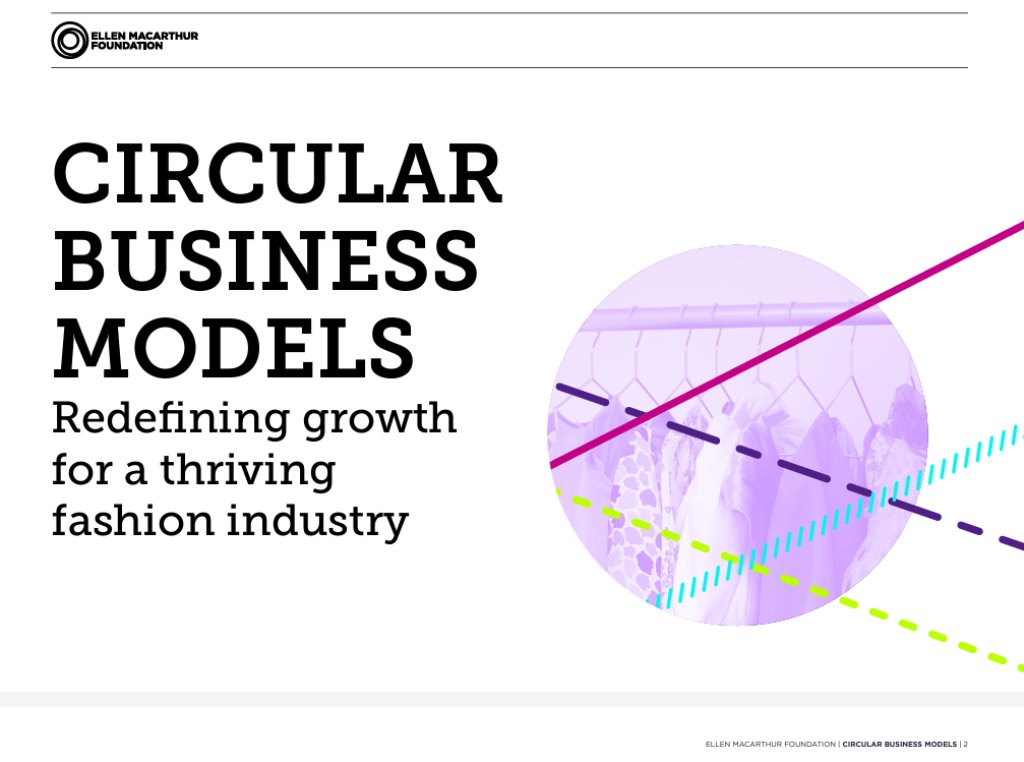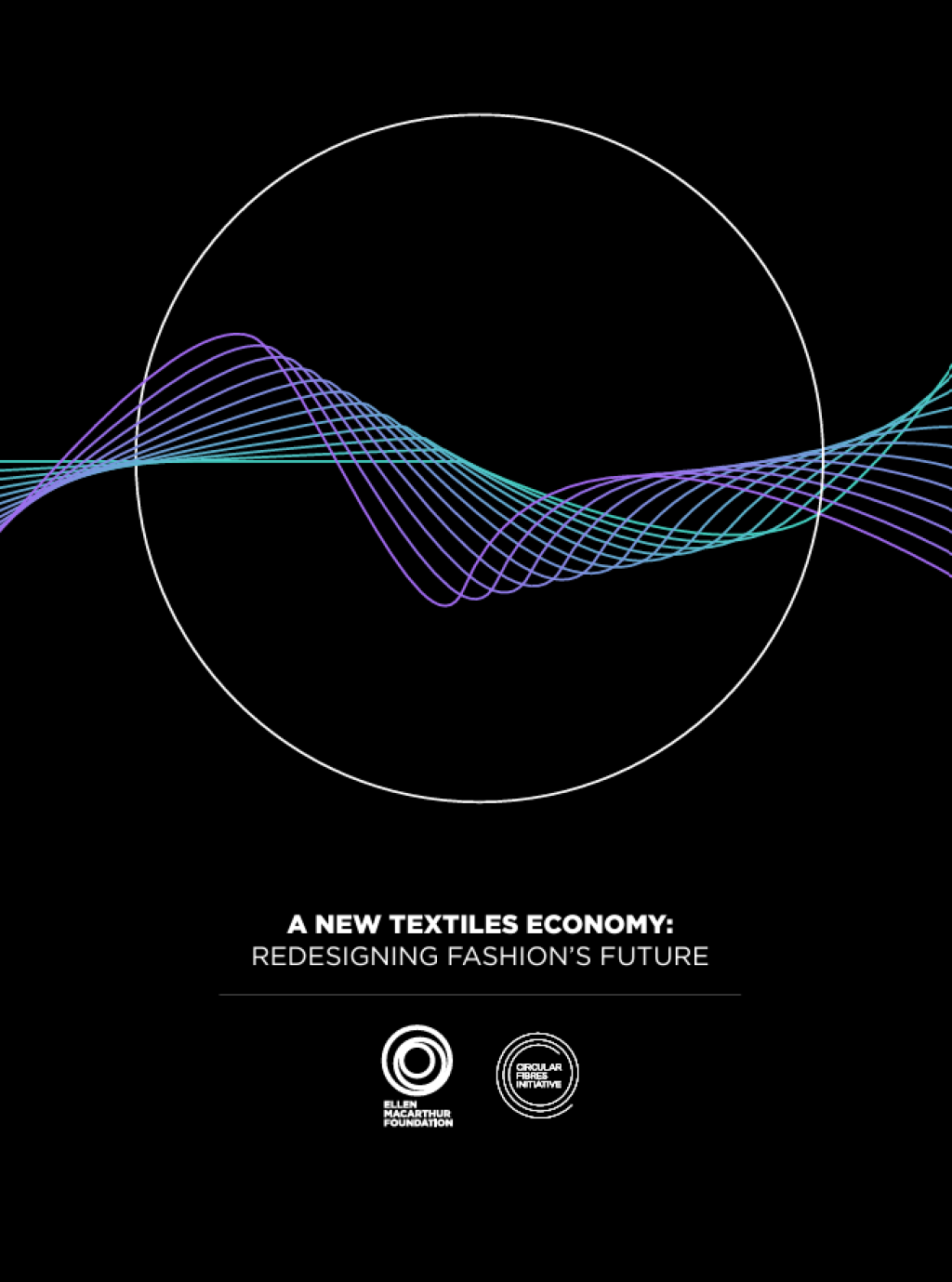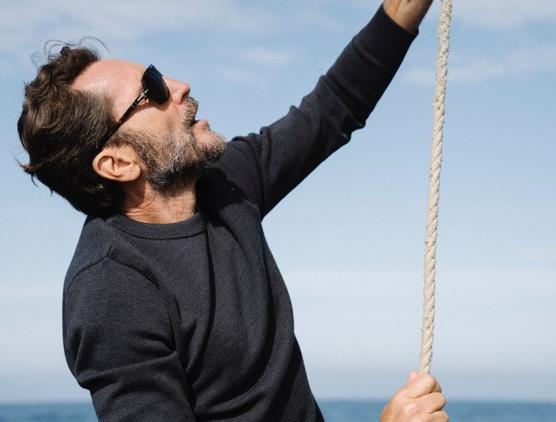
How did you get the idea of producing a pullover made from pure merino wool?
We wanted to manufacture products that last. As Asphalte’s CEO comes from the world of knitwear, he has experience in this area and knew the factories that we could work with. The simplest thing to do was to start with a pullover. We selected the thread supplied by Tollegno, our Italian spinner, because of its high quality and also because it can be washed in a washing machine. This property was one of the most important criteria for our customers.
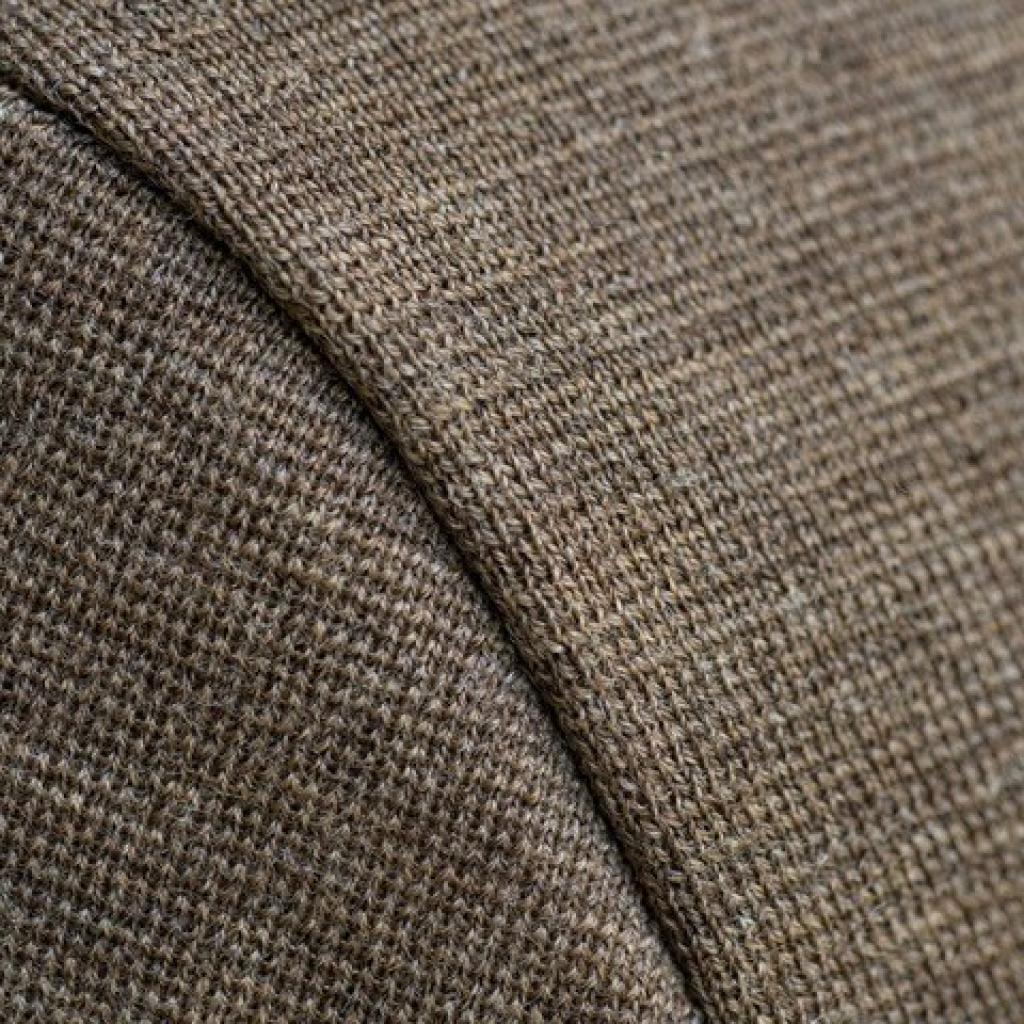



Why is merino wool of interest?
Wool is a natural material, with thermo-regulating and antibacterial qualities (which in theory means that it doesn’t need to be washed in a machine). The type of merino wool that we use is extra fine wool, with particularly long fibres. It provides for better durability, better resistance to pilling, to holes, etc.
Can you explain to us the value chain of your perfect pullover?
Twice a week we offer a new pre-order product on our website. The perfect pullover is offered twice a year. The way we manage our supplies and restocking means that we only have what we sell, this allows us to only produce what is needed and this aspect is essential to our eyes. On average, we provision for 5% more so as to ensure to cover exchanges and reimbursements. A month or so later, after all our customers have been delivered, we put this up for sale.
We chose the spinner, Tollegno, for it expertise and because it has spinning mills all our Europe. We knew that wool came from Australia but traceability back to the field, was difficult. Then, when we learned that the washing and combing stages were carried out in China, we had a brainwave. So, with our spinner we started to work on a new supply chain. With our knowledge and our research we suggested another wool supplier to our spinner: Segard Masurel, Abelusi certified and located in South Africa. This enabled us to have a list of the livestock farmers who produce our wool batches. We also advised our spinner to use washing and combing companies with factories located in Italy and Egypt. Spinning always takes place in Poland and dyeing in Italy. By doing this we have more guarantees.
Indeed, Abelusi certified wool meets criteria including animal well-being and specific social criteria. The washing and combing factories are GOTS certified; dyeing and spinning are Oekotex certified. Knitting and assembly are carried out in Portugal using the fully-fashioned technique, which avoids loss of material. For the moment we haven’t chosen to use natural dyes because they don’t last as long as the others. We prefer to focus our efforts on products that last. Lastly, we don’t use any transportation by air.
What is the environmental impact of a perfect pullover?
We’ve been publishing the impact for 100% of our products on our website ,since January 2021. We’ve calculated this with Fairly Made, through comprehensive product life cycle analyses. So as to make this more understandable for our customers, we have expressed this impact in equivalent kilometres travelled by car, kilograms of apples grown or the amount of heating used in an apartment. It is difficult to be more environmentally efficient for wool because breeding sheep has a significant impact. To reduce this, it would be necessary to use recycled wool but its fibres are shorter and its durability isn’t as good.
Is the perfect pullover designed differently in order to last longer?
Yes, and this is the fruit of 5 years of work. It started by choosing the raw material. We opted by a long-lasting and robust yarn. Then, we chose the technique. The high twist, which consists in twisting the fibre in pairs, making it stronger. Lastly, since 3rd version of the pullover (we launched version 7 in September 2021) we have chosen the Milano stitch. A stitch that is very tight, making the knitwear robust at points where it is wears a lot, such as at the elbows. We’ve carried out many laboratory tests: pilling, resistance to abrasion and tears, etc. We are also improving the cut according to customer feedback. The idea isn’t to continue to develop items for the sake of fashion, but to have a simple, crew-neck model with basic colours which will be part of wardrobe essentials.
Are there technical limits?
We chose the Milano stitch, a very tight stitch that takes time to knit. Few machines are capable of doing this in Portugal. It therefore takes time and requires a large quantity of wool.
How do you help yours customers to make their pullover’s last longer?
When a pullover is ordered we put a guide in the box on how to look after the pullover, so that customers can ensure it the longest life possible. Our Customer Service Department is also very available, and gives advice on how to carry out repairs or offers that this be carried out by our supplier free of charge. And as the knitwear is made of a single material, we guarantee that it can be recycled. The list of our collection points is on our website.
How is the product viewed by customers?
We contact our customers a lot via questionnaires. Regarding the style its cut they would like, the colours, sizes, etc. Then buyers receive a satisfaction survey questionnaire: one month, six months and two years after having ordered. Five years ago, we sold 2,500 perfect pullovers in its first version. In 2020 we sold 15,000. Even a few years after it has been purchased, customer feedback is excellent. They continue to wear them. We have discovered how to make a pullover that a maximum of people like and is guaranteed to be truly long-lasting.
What is your next step?
We are very satisfied with this product, especially since the new supply chain was implemented. We would now like to work with the factory in Poland so that it uses energy that has less environmental impacts. Currently it is too carbon-based.
Thank you Constance CHASSANY, Procurement, Production, and Impact Manager at Asphalte.

